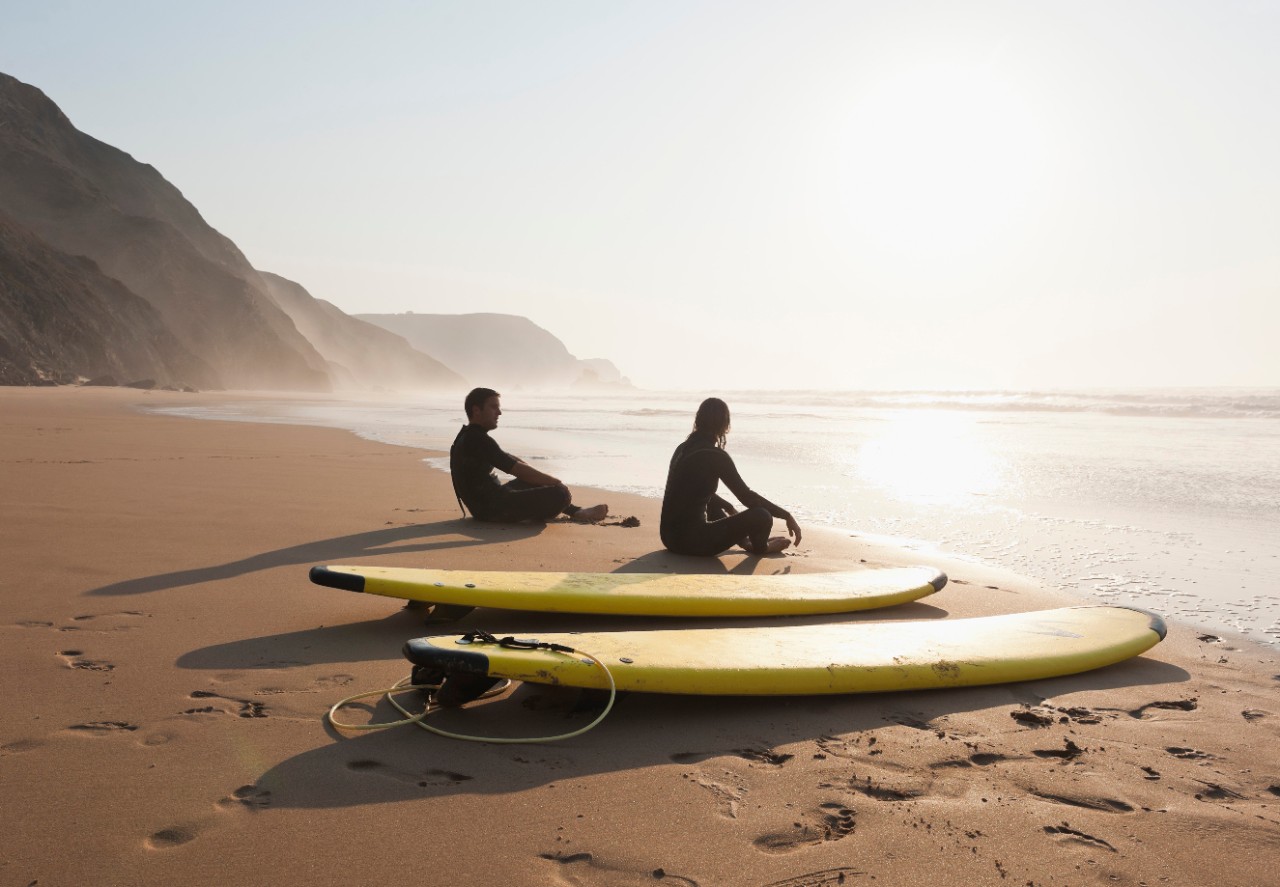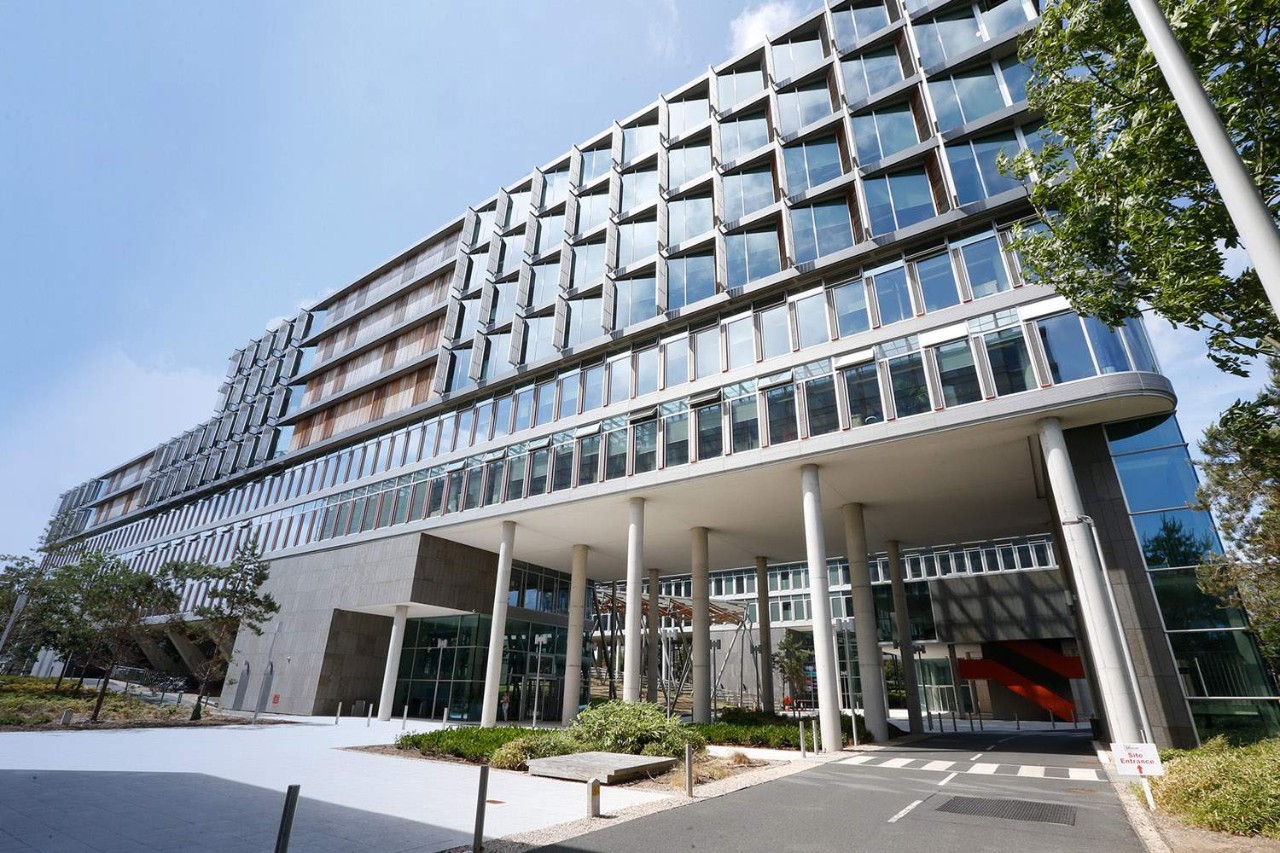With energy prices on the up and the cost of living in Ireland reaching new heights, we're all looking for clever money-saving hacks to keep our bills down.
Where does your energy consumption go?
According to Eurostat, the European Union's statistical office, the main energy consumption by households in the EU is heating rooms and water. In 2020, this represented 77.9% of the final energy consumed by households.
In contrast, energy used for lighting and most electrical appliances represented 14.5%, and cooking devices took up 6.1% of household energy use.
Save money on your heating bill
Properly insulating your home is a cost-effective way of reducing cold and draughts, minimising heat loss, and reducing your heating costs. Homes can lose heat through draughts around doors and windows, gaps around the floor, or through the chimney.
To reduce heat loss, you can:
- Insulate the attic and the walls.
- Lay thick carpet to increase thermal resistance.
- Properly seal windows by hanging blinds and heavy curtains that cover the entire window area.
- Eliminate door draughts by hanging heavy curtains over them and use draught excluders/stoppers too.
Energy-efficient water heating
The cost of heating the water in your home will depend on the water's temperature and the immersion tank's size and power. But you can do a few simple things to reduce the energy it takes to heat the water.
- Switch the dishwasher to a lower temperature cycle.
- Lag the hot water cylinder with a quality jacket at least 80mm (3 inches) thick.
- Wash clothes at a lower temperature and only use the machine when you have a full load of washing.
- Install smart lightbulbs which don’t generate as much heat as traditional incandescent bulbs and therefore use less energy.
- Install a low-flow shower head that delivers less water per minute but performs the same as regular showers.
Save money on home heating
You can also save money by turning off the radiators in unused rooms. Just make sure you keep the door to that room closed so the cold air doesn’t seep into the rest of the house.
Turning down your thermostat by 2 degrees from 20°C to 18°C can save a lot of money on your heating bill. Even reducing the temperature by just 1-degree can save up to 10% on your heating costs.
If your radiators aren't heating up properly or they have cold spots, you may need to bleed them to release any trapped air. If your central heating system isn’t working efficiently, it can take longer to warm up your room, which leads to higher bills.
Which appliances use the most electricity?
Though heating your home and the water uses the most energy, being savvy about what appliances you use can also reduce your electricity bill.
But which appliances are the biggest drain on energy and your pocket?
Using an online calculator and a unit rate of 43.3 cents, we've worked out roughly how long it would take appliances to cost €1.
Appliance |
Watts |
Minutes / hours |
Cost |
Electric shower |
10,000 |
14 minutes |
€1 |
Immersion heater |
3,000 |
47 minutes |
€1 |
Oven |
2,000 |
70 minutes |
€1 |
Microwave |
1,000 |
139 minutes |
€1 |
Fridge-freezer |
400 |
585 minutes |
€1 |
65 inch smart TV |
235 |
10 hours |
€1 |
Laptop |
50 |
46 hours 40 minutes |
€1 |
LED light bulb |
5 |
465 hours |
€1 |
To put that another way, it costs round 21c to watch two hour’s of Netflix on TV, but costs less than 5c to do so on your laptop. Heating a frozen pizza in the oven for 30 minutes will cost around 43c, but zapping something in the microwave for the same amount of time costs less than 22c.
How to calculate the cost of running your home appliances?
You can calculate the cost of running your appliances in a few easy steps.
Step 1: How often do you use the appliance?
For example, let's say we use a kettle for half an hour (0.5) a day.
Step 2: Find the wattage
You'll find the wattage on the label, stamped on the bottom or back of the appliance, or its nameplate.
For this example, let's say the wattage of the kettle is 1500 W.
Step 3: Calculate the daily energy consumption
Multiply the wattage by how often the appliance is used and divide by 1,000 to get the kilowatts.
In our example, it's 1500 W x 0.5 ÷ 1,000 = 0.75 kWh per day
Step 4: Calculate the annual energy consumption
Let's say we use our kettle every day; that's 0.75 kWh × 365 = 273.75 kWh
Step 5: Find your energy utility rate
You will find your energy unit rate on your electricity bill.
Based on Electric Ireland's standard rates, one "unit" or one KwH of electricity costs 43.27 cents (from October 2022).
Step 6: Calculate the annual cost
Multiply the annual energy consumption (step four) by the energy utility rate (step five).
273.75 × 43.27
The kettle costs €118 a year to run.
Look for more energy-efficient appliances
Household appliances and electrical goods sold in the EU have energy ratings printed on the label.
The energy ratings run from A+++ to G, with A+++ being the most efficient. Appliances with lower ratings use more energy and cost more to run than those with a higher rating. While we aren't suggesting you run out and replace all your appliances, it is something to bear in mind next time you have to replace your fridge, TV, washing machine, oven, etc.
This guidance is for general information purposes only.
Sources
https://ec.europa.eu/eurostat/statistics-explained/index.php?title=Energy_consumption_in_households
https://www.sust-it.net/energy-calculator.php
https://www.which.co.uk/reviews/boilers/article/tips-to-reduce-your-heating-bills-aqik36F56DvJ





